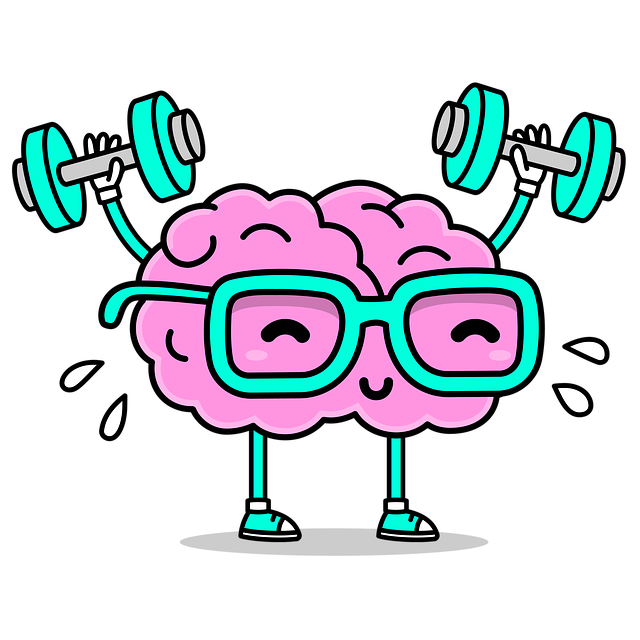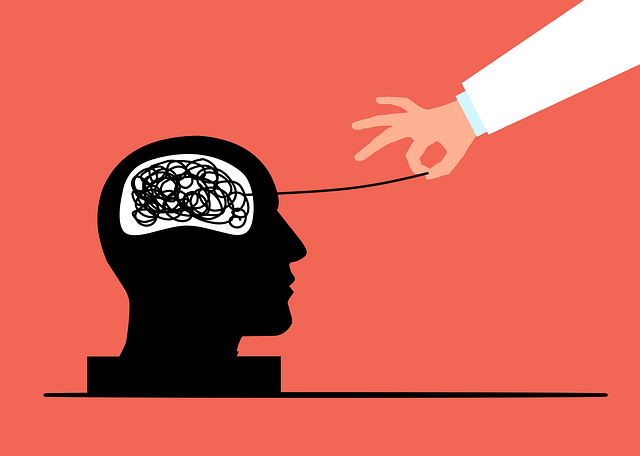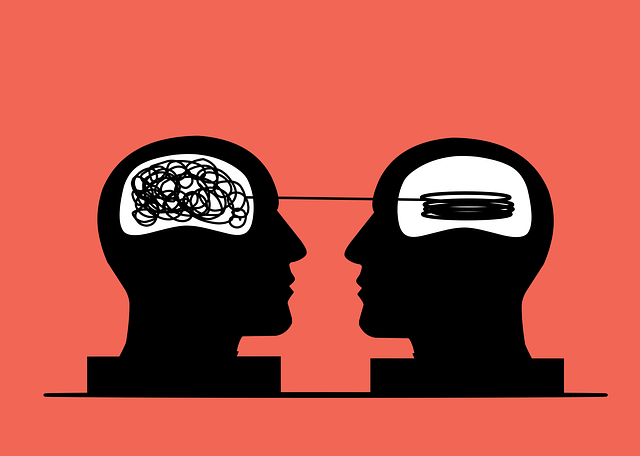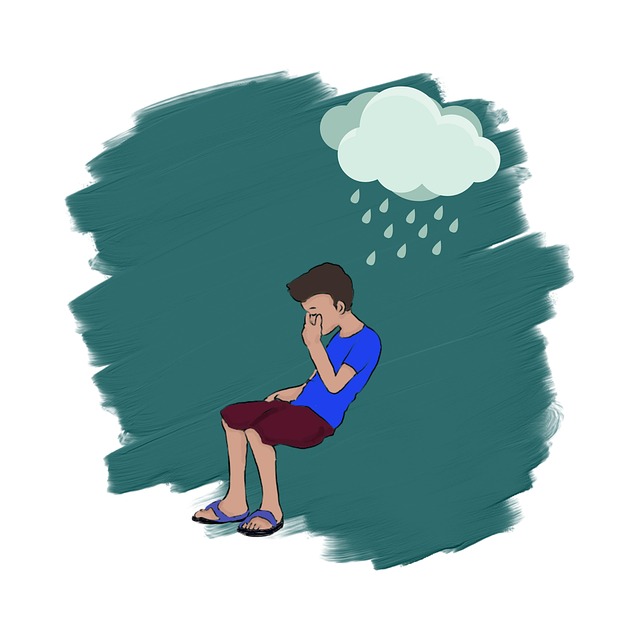Lone Tree Major Life Transitions Therapy offers comprehensive support for individuals navigating mental health challenges and significant life changes. Its Social Skills Training component leverages CBT, mindfulness meditation, and compassion cultivation to improve communication, emotional regulation, and self-esteem. Through role-playing and group therapy, clients gain confidence in social interactions, foster meaningful connections, and develop skills for managing anxiety and conflict. This evidence-based approach, combined with risk management planning, cultural competency training, and public awareness campaigns, promotes improved mental health outcomes by reducing feelings of isolation and loneliness.
Social skills training is a powerful tool in supporting individuals with mental health conditions, especially when navigating challenging life transitions. This article explores the significance of enhancing social interaction for mental well-being, focusing on the impact of Lone Tree major life transitions and how targeted therapy approaches can foster better communication and relationship building. We delve into practical real-world applications, offering strategies to integrate social skills training into daily routines for improved mental health outcomes.
- Understanding Social Skills Training: A Vital Component of Mental Health Support
- The Impact of Lone Tree Major Life Transitions on Social Interaction
- Therapy Approaches for Enhancing Social Skills in Clinical Settings
- Real-World Applications: Integrating Social Skills Training into Daily Life
Understanding Social Skills Training: A Vital Component of Mental Health Support

Social Skills Training is an essential component of mental health support, especially during times of significant life transitions, as experienced in Lone Tree Major Life Transitions Therapy. It involves teaching individuals effective communication strategies to navigate interpersonal relationships and connect with others on a deeper level. This type of training recognizes that social interactions can greatly impact one’s mental well-being, offering tools to foster healthy connections and build a robust support system.
By incorporating practices like mindfulness meditation into self-care routine development for better mental health, individuals learn to manage their emotions during conversations and understand non-verbal cues. These skills are crucial in initiating and maintaining meaningful interactions, reducing social anxiety, and enhancing overall confidence. Effective social skills training can transform isolated individuals into engaged community members, providing a sense of belonging and purpose, which is vital for long-term mental health stability.
The Impact of Lone Tree Major Life Transitions on Social Interaction

Major life transitions can profoundly impact social interactions, particularly for individuals navigating them alone, as is often the case with many mental health conditions. These shifts, such as moving to a new city, losing a job, or experiencing the loss of a loved one, can leave people feeling isolated and disconnected from their communities. The sense of loneliness intensifies when coping with pre-existing mental health struggles, creating a complex interplay between personal challenges and social barriers.
Lone Tree Major Life Transitions Therapy aims to address this by incorporating compassion cultivation practices to enhance self-esteem improvement and foster meaningful connections. These therapeutic approaches not only help individuals process their transitions but also equip them with the skills to navigate social situations more comfortably. By raising public awareness campaigns development around these topics, we can encourage a more understanding and supportive societal environment for those facing such challenges, ultimately reducing feelings of isolation and promoting better mental health outcomes.
Therapy Approaches for Enhancing Social Skills in Clinical Settings

Social skills training is a vital component of mental health care, offering therapeutic approaches tailored to address specific challenges faced by individuals with various conditions. In clinical settings, therapists employ evidence-based methods like cognitive-behavioral therapy (CBT) to enhance social interactions. CBT helps patients identify and modify negative thought patterns, fostering more adaptive behaviors in social situations, which is particularly beneficial for managing symptoms during Lone Tree Major Life Transitions Therapy.
Risk Management Planning for Mental Health Professionals plays a crucial role in ensuring these therapeutic interventions are safe and effective. Well-designed Mental Health Education Programs and Healthcare Provider Cultural Competency Training further equip practitioners to tailor their approaches, considering diverse patient backgrounds and needs. This comprehensive approach ensures that social skills training is not only accessible but also culturally sensitive and tailored to support optimal recovery journeys.
Real-World Applications: Integrating Social Skills Training into Daily Life

Social Skills Training (SST) offers practical real-world applications, especially for individuals navigating mental health conditions and major life transitions. By integrating SST into daily routines, Lone Tree Major Life Transitions Therapy helps clients build confidence in social interactions, a crucial aspect of emotional well-being promotion techniques. This training equips individuals with effective communication strategies, empathy development, and conflict resolution skills, enhancing their ability to manage anxiety relief during various social scenarios.
In practice, SST can be tailored to suit different preferences and needs. For instance, role-playing exercises can simulate challenging situations, allowing clients to practice emotional regulation techniques in a safe environment. Group therapy sessions facilitate peer support and provide opportunities for individuals to learn from one another’s experiences, fostering a sense of belonging and improving social connectivity. These applications ensure that the skills learned extend beyond the therapeutic setting, enabling clients to successfully navigate social cues and build supportive relationships in their everyday lives.
Social skills training, particularly tailored for individuals navigating lone tree major life transitions, emerges as a powerful tool in mental health support. By integrating approaches from clinical settings and real-world applications, we can significantly enhance social interactions and foster resilience. Lone tree major life transitions therapy plays a crucial role in empowering folks to overcome challenges, build connections, and thrive in various aspects of daily life, marking a transformative journey towards improved mental well-being.














